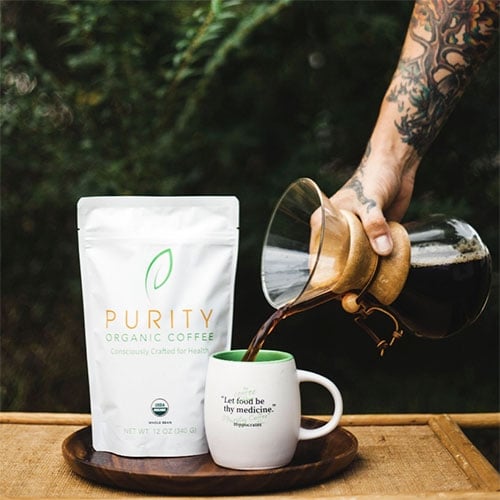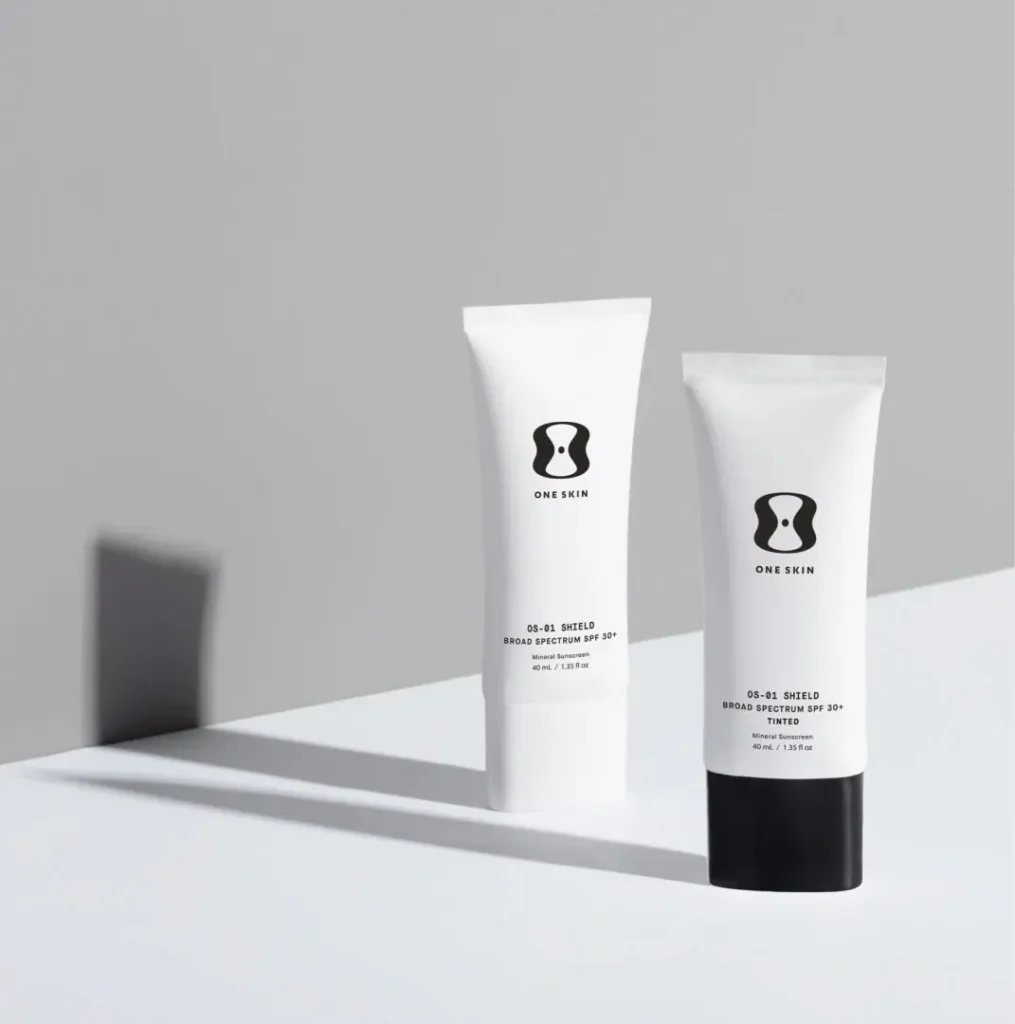Cancer cells feed off our bodies for their own survival just like other pathogens and toxins. I’ve heard a lot of theories on the development of cancer. All of these theories start to blur together after awhile….I think the real cause of cancer has to be an imbalance in the body leading to an overflowing toxic cup that causes our cells to malfunction and immune system to be altered. What causes the toxic cup to overflow though?
Afterall.. “Health is our natural state, disease is unnatural”
Is cancer the result of pathogenic bacteria, fungus, yeasts, protozoa, parasites, infections, or toxins? Should the gut microbiome be our focus as a way to prevent cancer development?
Let’s discuss…
How do cancer cells develop?
According to the National Library of Medicine, “cancer cells grow and divide in an uncontrolled manner, invading normal tissues and organs and eventually spreading throughout the body. The generalized loss of growth control exhibited by cancer cells is the net result of accumulated abnormalities in multiple cell regulatory systems and is reflected in several aspects of cell behavior that distinguish cancer cells from their normal counterparts.”
So let’s break that down…
Cancer develops due to innate (inborn) immune system errors that allow cancer cells to enter and literally change our cells and how they grow and replicate. Cancer alters our cellular DNA. Cancer cells use our vascular system to spread throughout our bodies.
This results because of multiple abnormalities that occur in the innate (inborn) immune response that changes the way our cells behave. As the cancer cells are allowed to enter our cells and change our DNA our innate (inborn) immune system becomes confused, blind, and/or hyperactive. Our innate (inborn) immune system is no longer able to recognize and attack foreign invaders that enter our body and our own immune system attacks our own tissues.
Where does the majority of our immune system reside?
I talk A LOT about the gut and how 2/3rds or nearly 70% of our immune system resides in our guts. But there’s more that the gut microbiota does that leads to a robust immune system and healthy membranes…(please keep reading to get the entire picture)
*Digestion and Absorption of our macros – fats, proteins, carbs
*Vitamin/mineral synthesis and absorption – iron, alpha lipoic acid, magnesium, all vitamins (A, B, C, D, E, K), all minerals (selenium, manganese, chromium, molybdenum, copper, zinc).
*Amino acid conversion – making our amino acids usable to the cell
*Immune modulation – B cell, T cell, macrophage and mast cell formation
*Detoxification – conjugation of toxins for removal via feces
*Biotransformation of dietary polyphenols – making our antioxidants, that help us to fight free radicals, usable by the body
*Neurotransmitter production – serotonin, dopamine, GABA, glutamate
*Modulation of the citric acid cycle – energy production (ATP)!
The gut is where we digest and absorb, produce, and convert our nutrients so our cells can optimally function keeping toxins and infections out, keeping our fences strong (cell membranes, gut mucosal membraine, blood brain barrier) and allowing for adequate detoxification all while limiting foreign invaders from taking up residence.
Effect of gut dysbiosis (bacterial imbalance of intestinal bacteria) on the immune system?
Our bacterial balance is dependent on a lot of factors. Diet, stress levels, exercise, and sleep. Our gut bacteria control our detoxification as well, so any imbalance can lead to toxic overload. Toxins and infections can change the bacterial balance in our guts…
Toxins reduce gut immunity and confuse the definition of “self”, increasing the incidence of autoimmunity via Th17 and mast cell infiltration1, toxins utilize the body’s resources (nutrients) for its own survival, infections promote their own replication, alter immune responses by promoting dendritic (antigen presenting cell) death2, both infections and toxins induce the release of chemokines, cytokines, and other inflammatory signals creating a massive immune response and immune confusion4.
Parasites, bacterial pathogens, and fungus, when allowed to overgrow and out-number our “good” bacteria, produce the same immune dysfunction. Toxins, infections and pathogens all poke holes in our cell membranes weakening our fences and allowing for widespread systemic inflammation which contributes to an overactive, confused and eventually inefficient immune system.
What do cancer patients have in common?
Nagalase accumulation in the cells. Nagalase or α-N-acetylgalactosaminidase, “accumulates in the serum of cancer patients and its activity correlates with tumor burden, aggressiveness and clinical disease progression.”5 Nagalase deglycosylates (takes away a sugar molecule) vitamin D binding protein which is the precursor to GcMAF (group specific component protein-derived macrophage-activating factor)5. GcMAF activates macrophages.
Stay with me, this is important….
Deglycosylated vitamin D-binding protein cannot be converted to GcMAF. Reduced GcMAF results in immunodeficiency and is found in many patients with cancer. GcMAF activates macrophages to defend against pathogens, malignant, and damaged cells; as well as aid in the healing process3. GcMAF is an actual treatment being utilized to treat cancer. Remember, GcMAF activates macrophages…
THIS IS IMPORTANT…Where are macrophages produced? THE GUT! Our gut bacteria are the producers of our B cells, T cells and macrophages. If our gut bacteria are out of balance, there is toxic overload, infections and/or altered bacterial balance, the immune system becomes confused, ineffective, and / or hyper-reactive. This can result in a “self” attack and / or missed foreign invader identification leading to cell damage, DNA damage, and cancer development.
What regulates the immune system?
THE GUT! And the bacterial balance in the gut.
What dysregulates the immune system to allow for foreign invader invasion?
DYSBIOSIS IN THE GUT! Pathogenic bacteria, fungus, yeasts, parasites, toxins like mold and mycotoxins, glyphosate and other pesticides, heavy metals (As, Cd, Hg, Pb), BPA, PFA’s (forever chemicals), phalates
“We want good tenants, not ones that put concrete down our drains“
Takeaway…
I hope that after reading this article you see just how important our microbial balance is to the prevention of cancer as well as other chronic disease development. Maybe treating the gut microbiome is the best way to treat and prevent cancer?
If you or someone you know is dealing with a chronic disease, symptoms or cancer diagnosis schedule a FREE consult here to see how we can help 🙂
References:
- Aitbali Y, Ba-M’hamed S, Elhidar N, Nafis A, Soraa N, Bennis M. Glyphosate based- herbicide exposure affects gut microbiota, anxiety and depression-like behaviors in mice. Neurotoxicol Teratol. 2018 May-Jun;67:44-49. doi: 10.1016/j.ntt.2018.04.002. Epub 2018 Apr 7. PMID: 29635013.
2. Cortés G, Wessels MR. Inhibition of dendritic cell maturation by group A Streptococcus. J Infect Dis. 2009 Oct 1;200(7):1152-61. doi: 10.1086/605696. PMID: 19712038; PMCID: PMC2845989.
3. Dolgova EV, Kirikovich SS, Levites EV, Ruzanova VS, Proskurina AS, Ritter GS, Taranov OS, Varaksin NA, Ryabicheva TG, Leplina OY, Ostanin AA, Chernykh ER, Bogachev SS. Analysis of the Biological Properties of Blood Plasma Protein with GcMAF Functional Activity. Int J Mol Sci. 2022 Jul 22;23(15):8075. doi: 10.3390/ijms23158075. PMID: 35897653; PMCID: PMC9330714. Download .nbib
4. Theoharides TC, Kempuraj D. Role of SARS-CoV-2 Spike-Protein-Induced Activation of Microglia and Mast Cells in the Pathogenesis of Neuro-COVID. Cells. 2023 Feb 22;12(5):688. doi: 10.3390/cells12050688. PMID: 36899824; PMCID: PMC10001285.
5. Thyer L, Ward E, Smith R, Branca JJ, Morucci G, Gulisano M, Noakes D, Eslinger R, Pacini S. GC protein-derived macrophage-activating factor decreases α-N-acetylgalactosaminidase levels in advanced cancer patients. Oncoimmunology. 2013 Aug 1;2(8):e25769. doi: 10.4161/onci.25769. Epub 2013 Jul 29. PMID: 24179708; PMCID: PMC3812199. Download .nbib Form




























